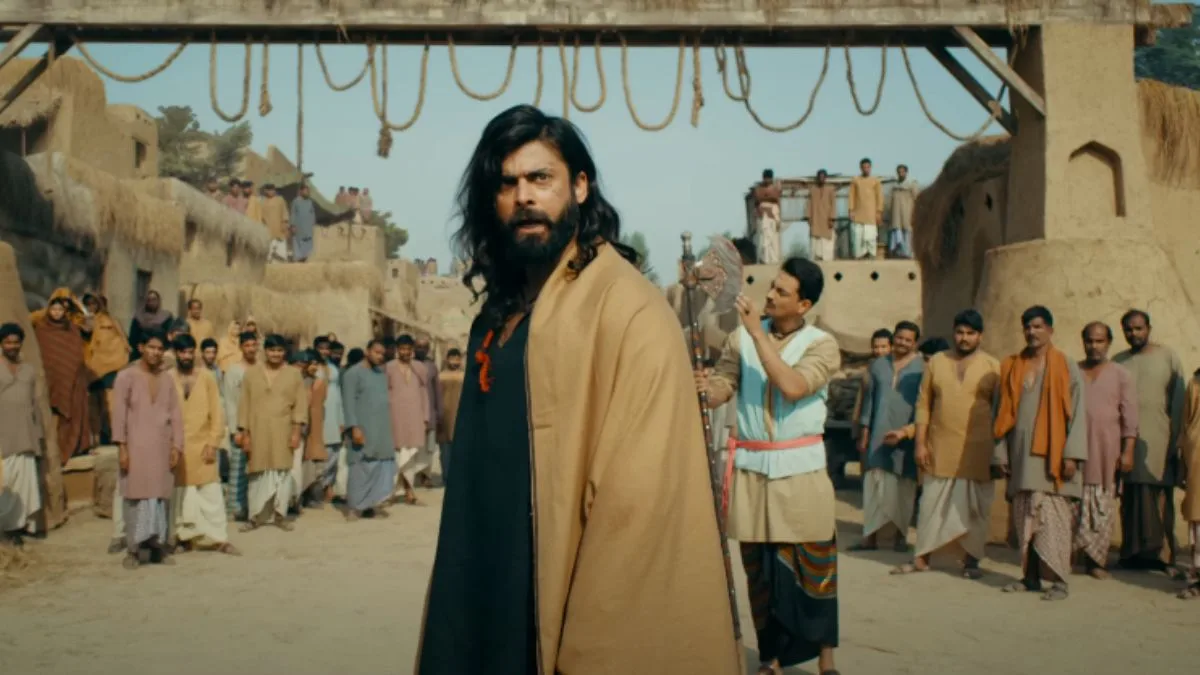
Director says the backroom power politicking in , his Vatican conspiracy thriller, has an echo in U.S. president Joe Biden recently being replaced as the Democratic Party nominee by Vice President Kamala Harris.
The German director told a audience on Monday that the script for his Vatican conspiracy thriller was written well before the current U.S. president election.

“But it’s a human story that contains some of the power mechanics that could replace Nancy Pelosi making sure the Democratic [Party] candidate changed,” Berger said, referring to the former House Speaker claiming she wanted an “open process” to replace President Joe Biden before he made way for Vice President Kamala Harris to replace him as the Democratic Party nominee. Berger’s follow-up to had its international premiere in Toronto after bowing at Telluride. The Vatican conspiracy thriller starring , Stanley Tucci and John Lithgow will hit theaters starting Nov.
1, via Focus Features. Berger argued a papal conclave, where the College of Cardinals elects the next Pope behind closed doors, is as cutthroat as politics anywhere. “I’m very interested in how people position themselves for the top job, what they go through, what they do, what morals they lose,” Berger told a TIFF audience at the Princess of Wales Theatre about his adaption of Robert Harris’ high-stakes drama.
He added the role of Cardinal Lawrence, played by Fiennes, who conducts the covert election of a new Pope, allowed viewers to follow the wider tussle between tradition, politics and faith. “I always want to try to put the audience into one character’s shoes, so they see the movie through those eyes,” Berger explained. “That character needs a very strong interior journey that we can all relate to the moments of doubt, the questioning of decisions and questioning about life,” the director added.
THR Newsletters Sign up for THR news straight to your inbox every day More from The Hollywood Reporter.














